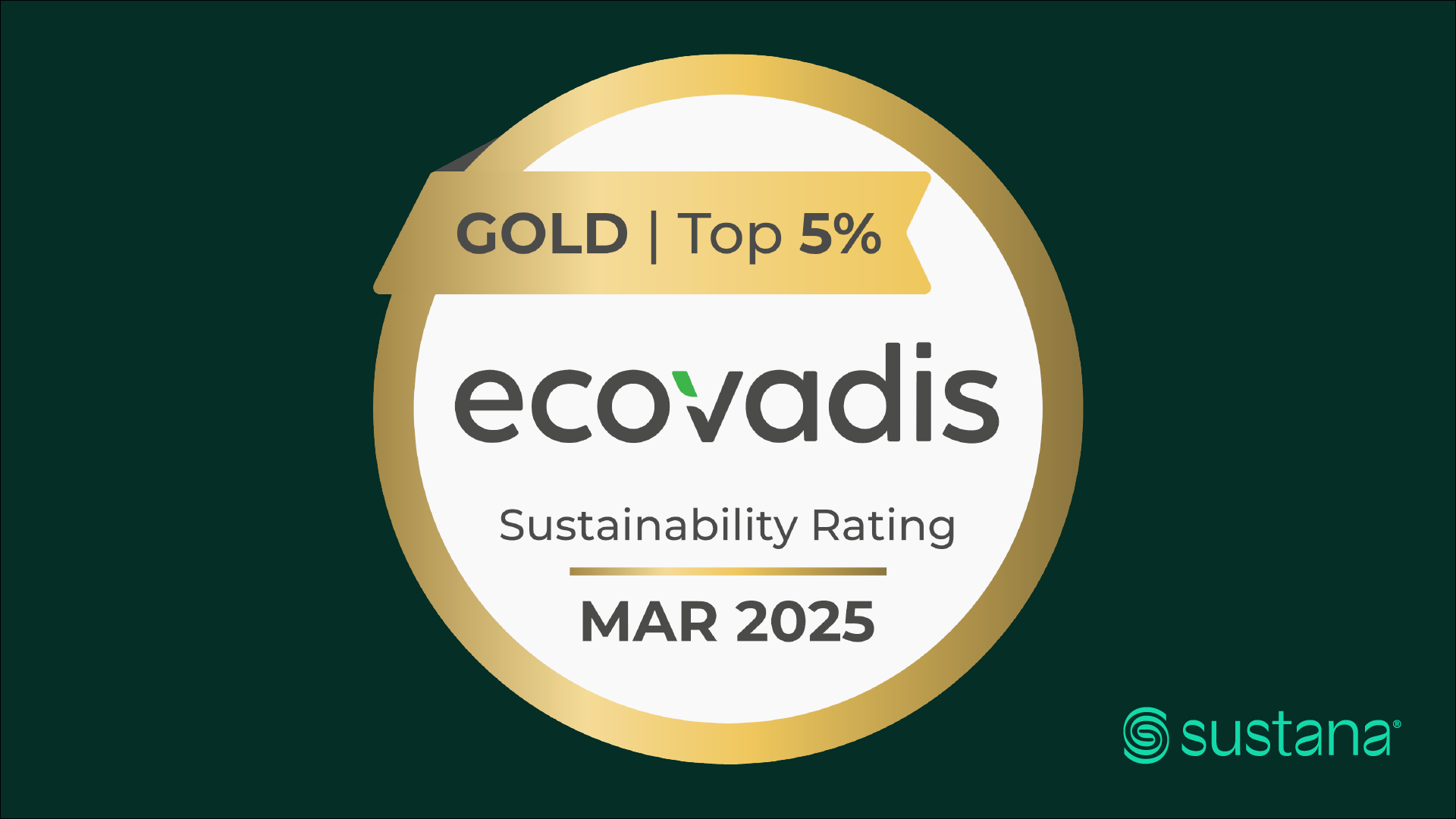In our “Conversations with Green Champions,” Rolland President Philip Rundle asks sustainability-minded organizations about their approach to environmental responsibility.
In the second part of a two-part interview, Teresa Ehman, P.Eng., Director, Environmental Affairs at Air Canada, Canada’s largest commercial airline, speaks about biofuels and sustainability reporting, and Joe Sorella, Manager, Corporate Services, covers sustainable purchasing.
The first interview was titled Air Canada Is Investing $10 Billion in Low Emission Aircraft.
What prompted Air Canada’s first biofuel flight?
TE: Biofuel, which has a low carbon footprint, was one part of what we called a ‘perfect flight’ from an environmental perspective, on an Airbus from Toronto to Mexico City in 2012.
To reduce fuel consumption, we optimized everything in terms of weight and performance. Installed lighter carpets and curtains. Replaced heavy cases for logbooks and manuals with iPads – something now done on all flights. Washed the aircraft to eliminate dirt that creates friction in flight. Washed engines.
We also worked with air traffic authorities in Canada, the U.S. and Mexico to fly the most direct route. Direct clearance to the runway for takeoff limited taxiing so we used less fuel.
The aircraft used a 50/50 mix of standard fuel and biofuel. All this resulted in 43 per cent reduction in carbon emissions compared to a standard flight on that route.
What is aviation biofuel?
TE: An existing feedstock, like used cooking oil or agricultural waste, is refined to create fuel that meets aircraft engineering certifications. Biofuel has a low carbon footprint because no hydrocarbons are extracted from the earth, so no net CO2 is added to the atmosphere.
What is the Civil Aviation Alternate Fuel Contrail and Emissions Research project?
TE: The National Research Council of Canada is testing a theory: Since biofuels have lower levels of particulate matter, jets using biofuels are less likely to produce contrails – the cloudy vapor that appear at high altitudes. This is important because research indicates that contrails have a global warming effect.
Air Canada’s role was to fly five commercial flights from Montréal to Toronto, using certified biofuel, in May 2017. Each flight was trailed by an NRC chase plane gathering data with emission testing equipment. It also gathered comparative data from conventional flights. NRC’s report is expected by early 2018.
The Jantzi Social Index, made up of 60 Canadian companies that meet ESG criteria, includes Air Canada. Do you face increasing ESG scrutiny from investors?
TE: More of a trickle than a flood. Our finance people typically get questions from a pension fund wanting to know more about our environmental, safety and governance practices. We don’t get the same close questioning as, say, a pipeline company.
Part of the drive for our Corporate Sustainability Report (CSR) was a request from a shareholder on what Air Canada was doing about impending climate change regulation. We have published a CSR for every year since 2011; it’s a comprehensive way to answer such questions.
Has publishing a CSR heightened Air Canada’s sustainability mindset?
TE: Two ways. The starting point for the CSR is a materiality survey where we ask stakeholders to rank sustainability subjects in terms of importance. Then we report on what matters most in terms of safety, the environment, employees and communities.
The report also gets people across Air Canada – marketing, sales, community investment, operations, you name it – talking about core sustainability issues and what they mean to the organization. It helps everyone be on the same page and learn about the issues.
As a paper manufacturer, we have to ask: What is the role of print communications at Air Canada?
JS: Print materials must deliver specific messages or information, and reinforce the visual impact of the Air Canada brand. The red on a brochure has to match the red of the Air Canada roundel, and the red of a wall in one of our buildings. Print quality is a must.
Do you have a sustainability checklist for paper?
JS: No, because paper is ever-evolving. The products change faster than our needs! We have broad requirements, like FSC® certification, and beyond that we rely on guidance from vendors. That way we draw on a library of products at the technological forefront.
Do you see Air Canada as a green champion?
TE: I do, and that extends to our industry with the global climate action plan.
JS: We are well on our way to becoming a green champion, and our CSR covers our progress. We print this report on Rolland Opaque, and it even lists the environmental savings this sustainable paper provides in terms of trees, water and waste.


